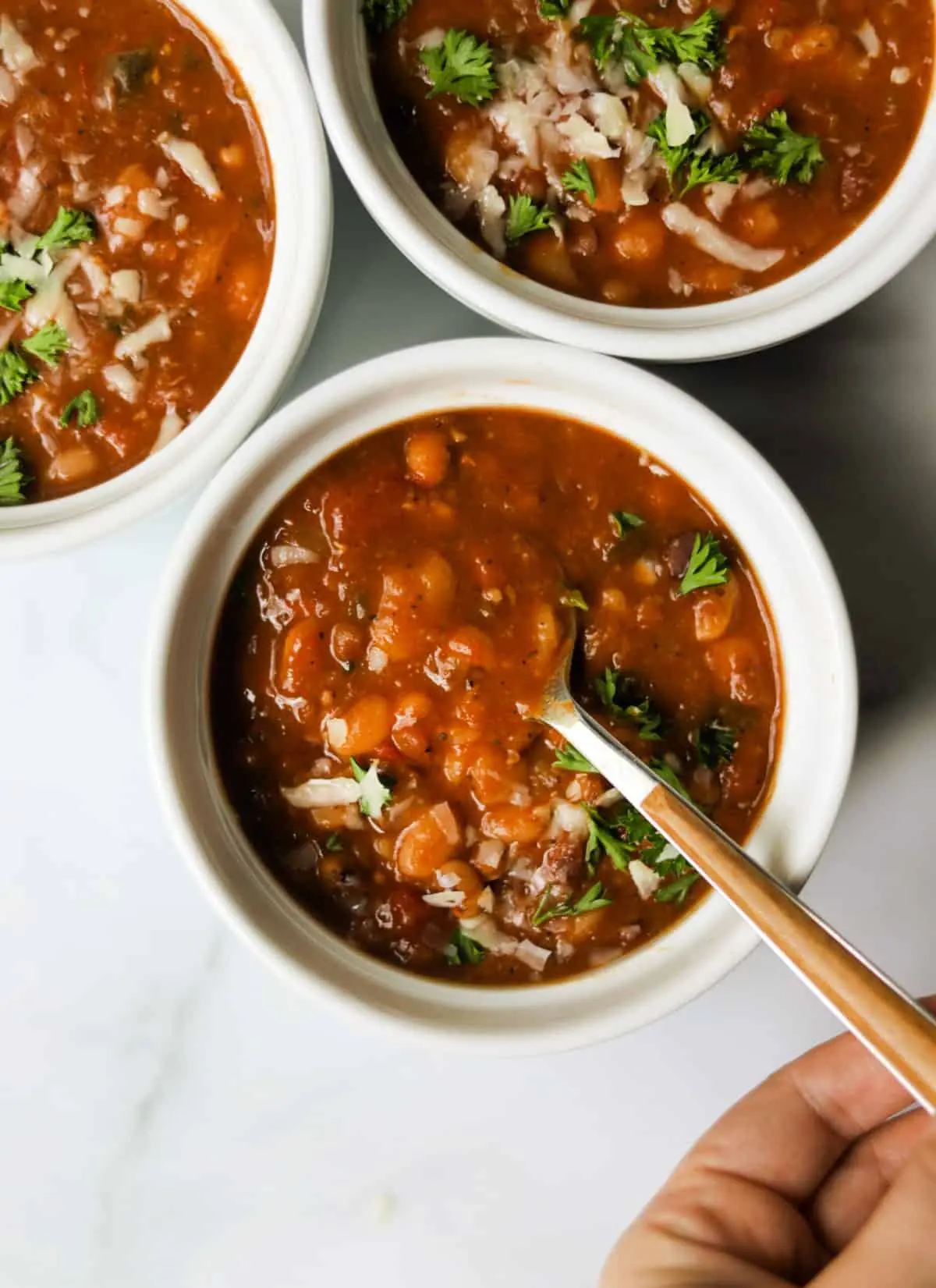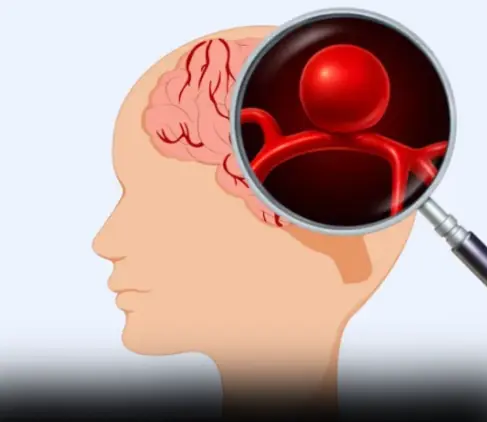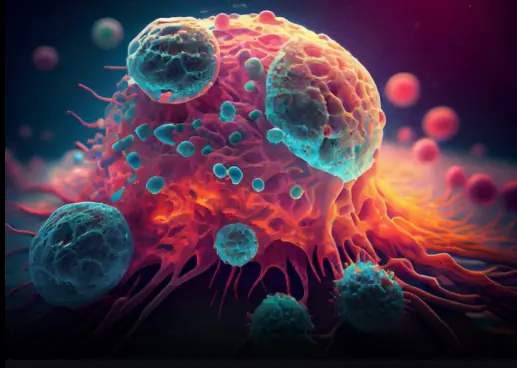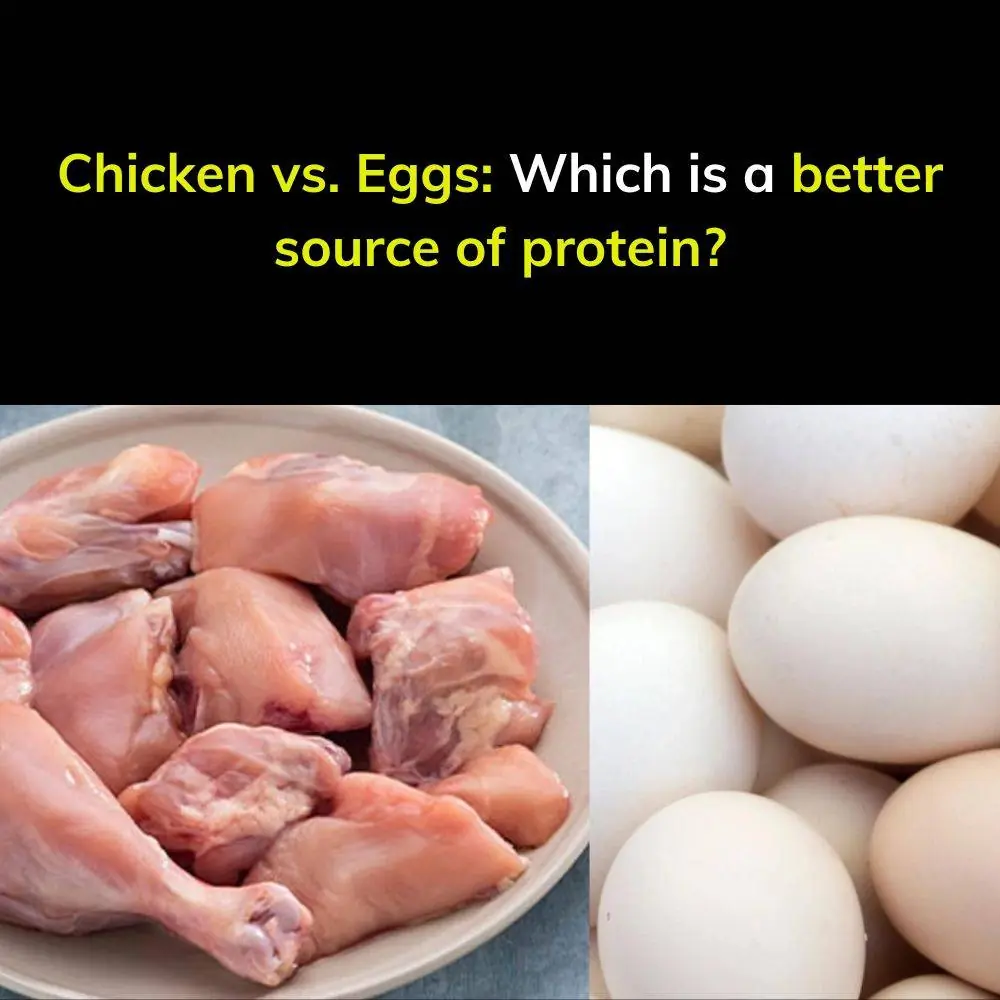
Chicken vs. Eggs: Which Is a Better Source of Protein?
Chicken vs. Eggs: Which Is a Better Source of Protein?
Many people prefer either eggs or chicken but often wonder which is the superior source of protein. Both chicken and eggs are excellent sources of protein and nutrients like vitamins and minerals. They can support health by promoting satiety and aiding in healthy blood sugar regulation. But which one has a more concentrated protein content?
1. Comparing Protein in Chicken and Eggs
Depending on the cut, chicken contains 23–31 grams of protein per 100 grams, while cooked eggs provide 12.6 grams of protein per 100 grams. This means chicken is a more concentrated protein source. However, both chicken and eggs are considered complete proteins.
Animal proteins like chicken and eggs contain all nine essential amino acids the body needs, including histidine, isoleucine, leucine, lysine, methionine, phenylalanine, threonine, tryptophan, and valine. These essential amino acids cannot be produced by the body and must be obtained from food.
While plant-based proteins also provide amino acids, they are considered “incomplete proteins” as they may lack one or more essential amino acids. Moreover, animal proteins are more efficiently utilized by the body.
Chicken and eggs have a digestibility rate of over 90%, compared to plant-based proteins, which range between 45% and 80%. This makes chicken and eggs “high-quality proteins” as they are easily absorbed and used by the body for processes like muscle building, hormone production, and neurotransmitter synthesis.
Although chicken has more protein, studies show eggs are slightly easier to digest. Eggs have a digestibility rate of 97%, while chicken has a rate of 94%, meaning the body can process and utilize egg amino acids more effectively.
Both chicken and eggs are excellent protein choices for increasing protein intake.
2. Comparing Nutritional Value of Chicken and Eggs
Below is a nutritional comparison of 105 grams of skinless, grilled chicken breast and two large (50g each) cooked eggs:
| Nutrient | Chicken Breast | Two Eggs |
|---|---|---|
| Calories | 185 kcal | 143 kcal |
| Fat | 5.72 g | 9.52 g |
| Cholesterol | 101 mg | 372 mg |
| Protein | 31.1 g | 12.56 g |
| Vitamin A | 9.45 mcg (1% DV) | 160 mcg (18% DV) |
| Niacin (B3) | 10.6 mg (66% DV) | 0.06 mg (0% DV) |
| Vitamin B6 | 0.898 mg (53% DV) | 0.162 mg (10% DV) |
| Vitamin B12 | 0.189 mg (8% DV) | 0.71 mg (30% DV) |
| Choline | 79.5 mg (14% DV) | 236 mg (43% DV) |
| Iron | 0.462 mg (3% DV) | 1.75 mg (10% DV) |
| Zinc | 0.945 mg (9% DV) | 1.29 mg (12% DV) |
| Selenium | 31.5 mcg (57% DV) | 30.8 mcg (56% DV) |
Key Differences:
- Chicken is a more concentrated source of B vitamins like B6 and niacin, important for metabolism, DNA synthesis, and red blood cell production.
- Eggs are richer in choline, vital for fetal development, metabolism, and cellular health.
- Eggs provide more iron, which supports oxygen transport and energy production.
- Both are excellent sources of zinc and selenium, essential for immunity, thyroid health, and antioxidant functions.
3. Health Benefits of Chicken
Protein is the most satiating macronutrient, making it beneficial for weight management. High-protein diets can enhance the release of satiety hormones like cholecystokinin (CCK), peptide YY (PYY), and glucagon-like peptide-1 (GLP-1), while reducing hunger hormones like ghrelin. This helps control appetite and promotes weight loss.
Protein also slows the digestion and absorption of glucose, helping regulate blood sugar levels. With no carbohydrates and high protein, chicken is an excellent option for those managing blood sugar, such as individuals with type 2 diabetes. Some research suggests that adding chicken to a diet may lower the risk of type 2 diabetes, though more studies are needed.
4. Health Benefits of Eggs
Eggs have been shown to improve body composition by increasing muscle mass and reducing fat. They also benefit heart health by raising HDL (“good” cholesterol), which removes cholesterol from the bloodstream for breakdown and excretion.
Eggs are rich in essential vitamins and minerals like B12 and selenium, and like chicken, they are carb-free, making them ideal for low-carb diets.
However, eggs are high in cholesterol, which may be a concern for individuals with familial hypercholesterolemia or high LDL cholesterol levels. Those with heart conditions or related risk factors should consult a doctor regarding their egg consumption.
Conclusion
Both chicken and eggs are nutrient-dense, high-protein foods with unique benefits:
- Choose chicken for higher protein content and better vitamin B6 and niacin levels.
- Choose eggs for superior digestibility, more iron, and higher choline content.
Both can be incorporated into various diets, including paleo and keto, and are excellent for overall health.
News in the same category


What Sleeping On Your Left Side Does For Your Brain, Stomach And Lymphatic System

This One Superfood Could Tackle Major Health Issues—Here’s What You Need To Know

Cucumbers are delicious and healthy, but these 4 groups of people should avoid eating them

3 everyday foods that are slowly destroying your kidneys

Use Frozen Lemons This Way and Gain 4 Surprising Health Benefits — Without Harming Your Sto.mach

The Vegetable That Eats All the Sugar in Your Body – The Silent Enemy of Diabetes

A 31-Year-Old Man Hospitalized Five Times Because of a Drink Many People Consume Daily

This One Superfood Could Tackle Major Health Issues—Here’s What You Need To Know

12 signs that may signal a brain aneurysm — Don’t ignore them

8 Foods That Help Eliminate Cancer Cells

Why nobody should be eating salmon anymore?

Why showering before bed might be better for your health than in the morning?

Which medical conditions are associated with nausea but no vomiting?

Why You Wake Up to Pee at Night (and How to Stop It for Good!)

If Your Kidneys Are in Danger, the Body Will Show these 10 Signs

A Type of “Vegan Fat” Rich in Potassium (12 Times More Than Bananas), Protein Equivalent to Eggs

What Happens to Your Body When You Regularly Eat Banana Blossoms?

3 Vegetables Japanese People Eat Often to Stay Youthful and Live Long
News Post

When Nighttime Leg Cramps Become a Concern

What Sleeping On Your Left Side Does For Your Brain, Stomach And Lymphatic System

At Willow Creek Elementary, Karen Matthews spotted a towering man in the hallway

Bikers Blocked My Daughter’s Wedding Doors And Refused To Let Anyone Inside

I Bought Food for a Poor Old Man – But a Few Months After He Died, A Dusty Box He'd Owned Arrived for Me

This One Superfood Could Tackle Major Health Issues—Here’s What You Need To Know

At our housewarming, my husband and his mother insisted we give our new apartment to his sister — but my mom’s response left everyone speechless

My World Collapsed After His De.ath — I Found Out Our Marriage Wasn’t Real and I Couldn’t Claim a Thing

Cucumbers are delicious and healthy, but these 4 groups of people should avoid eating them

3 everyday foods that are slowly destroying your kidneys

Use Frozen Lemons This Way and Gain 4 Surprising Health Benefits — Without Harming Your Sto.mach

The Vegetable That Eats All the Sugar in Your Body – The Silent Enemy of Diabetes

A 31-Year-Old Man Hospitalized Five Times Because of a Drink Many People Consume Daily

This One Superfood Could Tackle Major Health Issues—Here’s What You Need To Know

12 signs that may signal a brain aneurysm — Don’t ignore them

Put the phone down on the table, why you should put the screen face down: Know the reason no one wants to do the opposite

8 Foods That Help Eliminate Cancer Cells

My son brought his fiancée home – As soon as i saw her face and heard her name, I immediately called the police

Why nobody should be eating salmon anymore?

